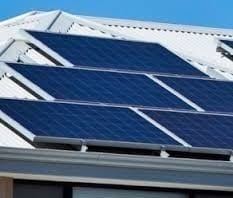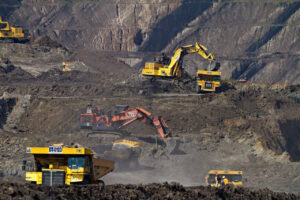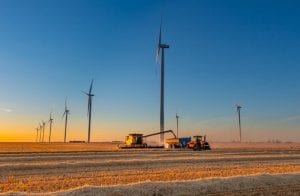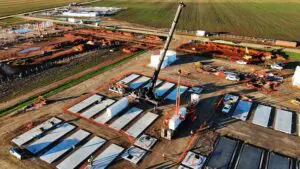West Australian Premier Colin Barnett has ruled out introducing what has been described as a “solar tax” – the proposed doubling of grid connection charges for the state’s more than 175,000 solar households – describing the idea as “fantasy.”
In response to a question from the shadow energy minister Bill Johnston, in Parliament on Thursday, the Premier said there was “no proposal” to put an additional charge on houses with rooftop solar panels.

“This government has had a policy of subsidising and encouraging solar panels,” Barnett told Parliament.
“Yes, the uptake was incredibly strong, which meant it cost the government a lot more money than we anticipated. But the policy was to encourage solar panels, and they are prevalent right across Western Australia. It has succeeded. Where the member got this fantasy from about a solar tax, I am lost—I do not know.”
The idea of a WA solar tax – a proposed additional grid connection charge of $A800 – was raised by Synergy, the state-owned utility that supplies households in WA’s populous south west.
Specifically, it was floated in early December Synergy chairman Lyndon Rowe, based on the argument that the annual charges of solar households don’t reflect the actual cost of being connected to the network.
“I’m a believer (in solar) and it’s a segment that will continue to grow,” Rowe told Perth ABC radio. “They are not paying the actual fixed cost of being connected to the network. That means other consumers have to pay or the taxpayers have to pay. That’s not fair. That’s not efficient.”
The proposal and the comments were met with fierce objection from the industry and other critics, who have accused Synergy of using solar households as a scapegoat for spiralling budget losses.
At a recent presentation, Synergy itself conceded that past projections of electricity demand growth had failed to materialise – leaving the networks with added capacity built at public expense and often never even used.
WA energy minister Mike Nahan, meanwhile, has refused to rule out the proposed solar tax, despite his renewed enthusiasm for renewables and his recent concession that almost all homes and most businesses in the state were expected to install solar, particularly as the government rolled back the subsidy on grid-based power, which still amounted to more than $500 a year for each household.
Yesterday’s wholesale rejection of the idea by Barnett, however, has brought relief and praise from the Australian Solar Council, which has campaigned against the proposed solar tariff since it was first broached.
In a statement on Thursday, the ASC congratulated the Premier on overruling his Energy Minister, describing it as a “huge win” for the industry and solar families.
And it called on the WA Premier to also rule out slashing or axing energy efficiency and demand side management programs and to work with industry to reform demand side management.
“The Premier should also outline a plan to deliver cleaner, smarter, affordable power for all Western Australians,” the statement said.
Industry group Solar Citizens also welcomed Barnett’s assurances – a “backdown” they attributed to a strong community campaign against the charges.
“Solar is good for household budgets, drives good local jobs and can sparks economic growth, particularly vital as the state budget is hit by the end of the mining boom,” said Solar Citizen’s national campaign director Claire O’Rourke.
“Solar households are most common in lower income suburbs. The main reason these families go solar is to help with the rising cost of power bills.
“In the process these solar powered homes reduce the need for expensive new poles and wires, stimulate jobs in the renewable energy industry and create clean, cheap energy that helps all Australians.
“The WA Premier has taken a great step forward by axing the sun tax, now he should lift his ambition and support a full transition to clean renewable energy in the State,” she said.
But the WA isn’t the only state to have proposed, and then backed away from a rooftop solar tax.
A similar proposal of an extra tariff for NSW solar households was made by the state’s electricity networks last October in a document “Electricity Tariff Reform in NSW”.
The suggestion outraged the solar industry, which pointed out that most solar households in the state are paid nothing, or very little (just 4.8c/kWh), for the excess output sent back into the grid.
The networks – who said the charge could also be extended to households with battery storage and electric vehicles – soon backed off from the proposal, however, saying it was only “one option” being considered.
“The three NSW networks have no plans to introduce such a tariff,” a spokesman said in a statement a month later.










